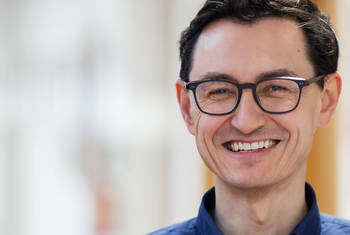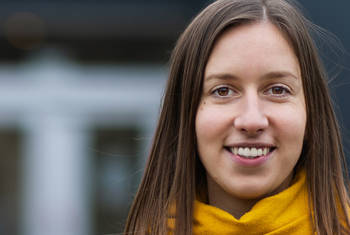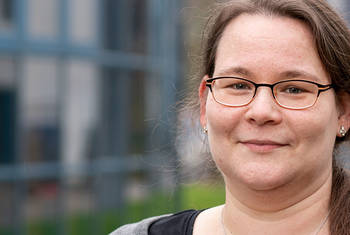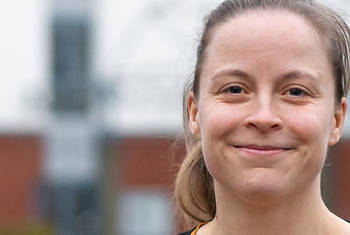Etienne Benson How Can the History of Earth Sciences Help to Explain Contemporary Distrust Towards Science in General?
Etienne Benson is Director of Department II, Knowledge Systems and Collective Life, at the Max Planck Institute for the History of Science. After completing his PhD at the Massachusetts Institute of Technology (2008), Benson took up a postdoctoral fellowship at Harvard (2008-2010). He subsequently held positions at the Max Planck Institute for the History of Science, New York University-Berlin and the University of Pennsylvania. Benson’s research focuses on the history of science, politics and the environment in Europe and the United States from the eighteenth century onwards. Benson’s book Surroundings: A History of Environments and Environmentalisms was published by the University of Chicago Press in 2020.
Area of Research
History
since 2022
Department Director at MPIWG
Max Planck Institute for the History of Science
2013-2022
Assistant/ Associate Professor for History and Sociology of Science
University of Pennsylvania
2012-2013
Lecturer
New York University- Berlin
2001-2008
Phd in History, Anthropology, and Science, Technology, and Society
Massachusetts Institute of Technology
1999-2001
MA in Psychology
Stanford University
1996-1999
AB in Cognitive Neuroscience
Harvard University
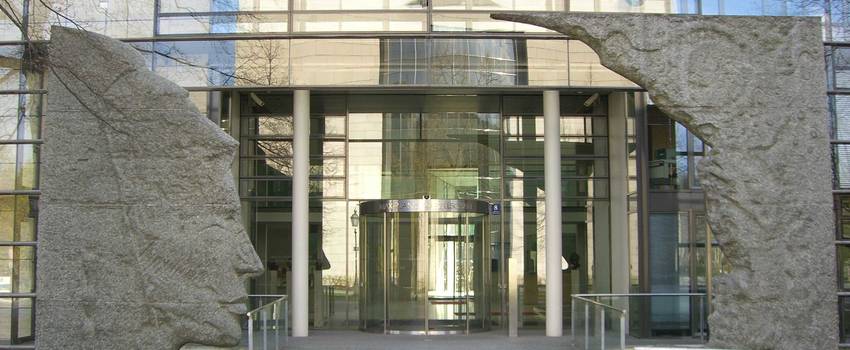 © Maximilian Dörrbecker
© Maximilian Dörrbecker
Max Planck Society
"The Max Planck Society is Germany's most successful research organization. Since its establishment in 1948, no fewer than 18 Nobel laureates have emerged from the ranks of its scientists, putting it on a par with the best and most prestigious research institutions worldwide. The more than 15,000 publications each year in internationally renowned scientific journals are proof of the outstanding research work conducted at Max Planck Institutes – and many of those articles are among the most-cited publications in the relevant field." (Source)
Institute
Max Planck Institute for the History of Science
"Founded in 1994, the MPIWG in Berlin is one of the more than eighty research institutes administered by the Max Planck Society. It is dedicated to the study of the history of science and aims to understand scientific thinking and practice as historical phenomena. Researchers pursue an historical epistemology in their studies of how new categories of thought, proof, and experience have emerged." (Source)
Map
Though earth sciences like geology and climate science are of critical importance to our efforts to confront contemporary challenges, they, like all sciences, face unprecedented levels of suspicion and contestation. In this video, ETIENNE BENSON shows us how the history of river studies helps to explain this state of affairs. Benson notes how systematic studies of rivers in the USA have been conducted since the late nineteenth century. Where the data collected was originally employed primarily for local benefit, Benson highlights a change in the mid-twentieth century which saw river studies becoming more mathematical, quantitative and focused on national policy. For Benson, this shift led to a disconnect between local river users, river scientists and policy makers and he argues that a similar process can be observed in many other disciplines which helps to explain contemporary distrust toward science more generally.
LT Video Publication DOI: https://doi.org/10.21036/LTPUB101092
The Post-Heroic Field
- Etienne Benson
- Isis
- Published in 2022
Random river: Luna Leopold and the promise of chance in fluvial geomorphology
- Etienne S Benson
- Journal of Historical Geography
- Published in 2020
Re-situating fieldwork and re-narrating disciplinary history in global mega-geomorphology
- Etienne S Benson
- Studies in History and Philosophy of Science Part A
- Published in 2018


